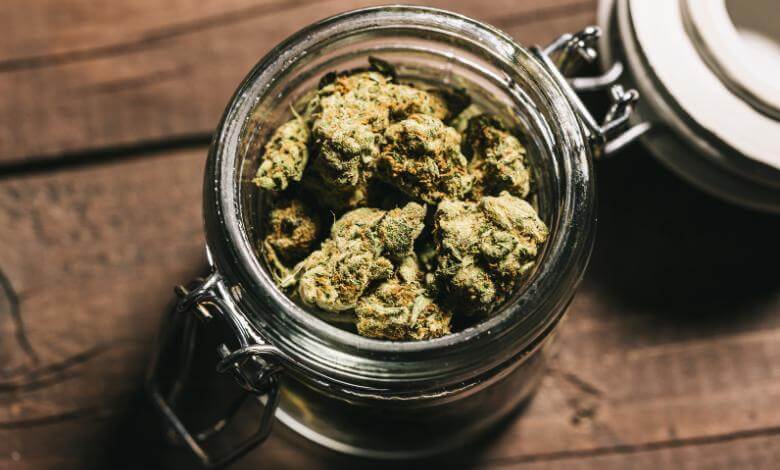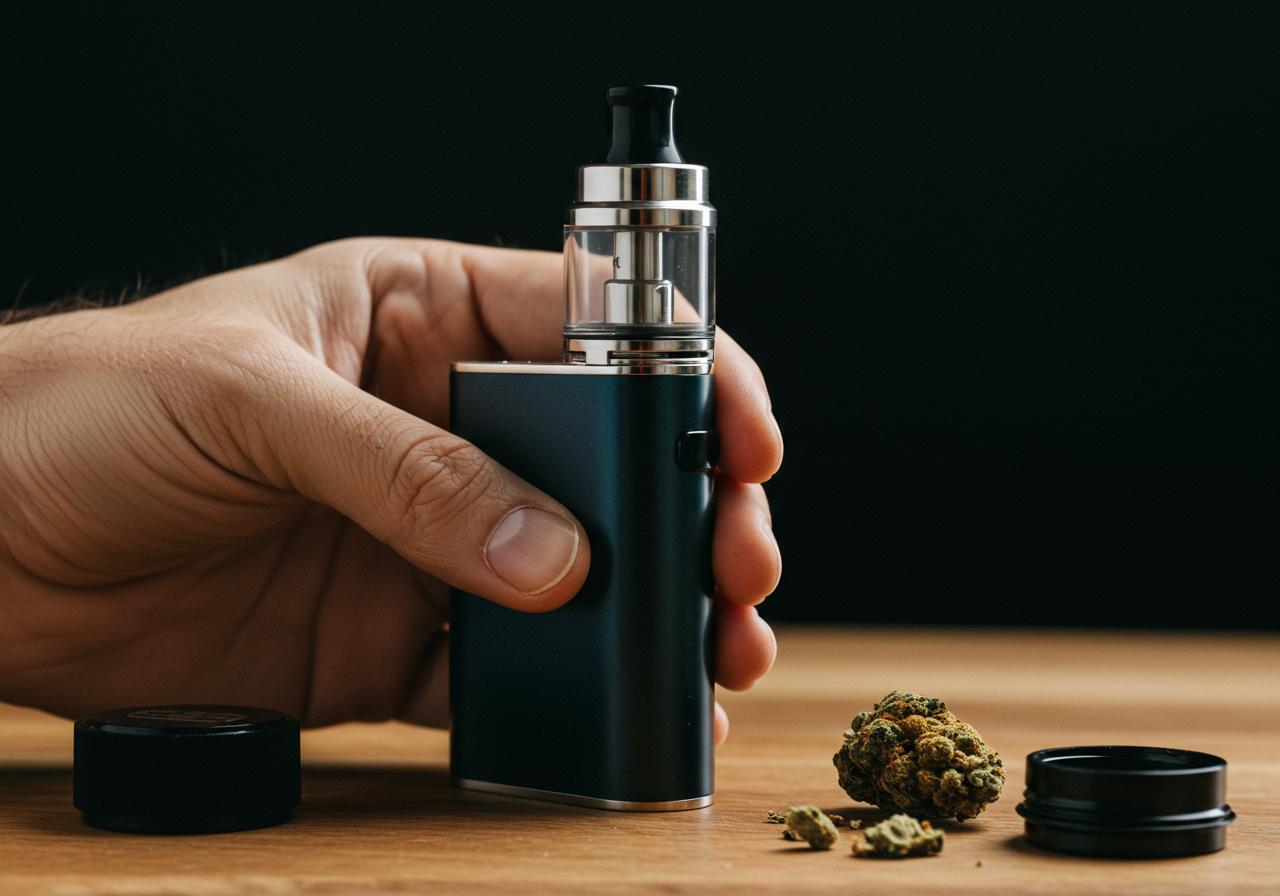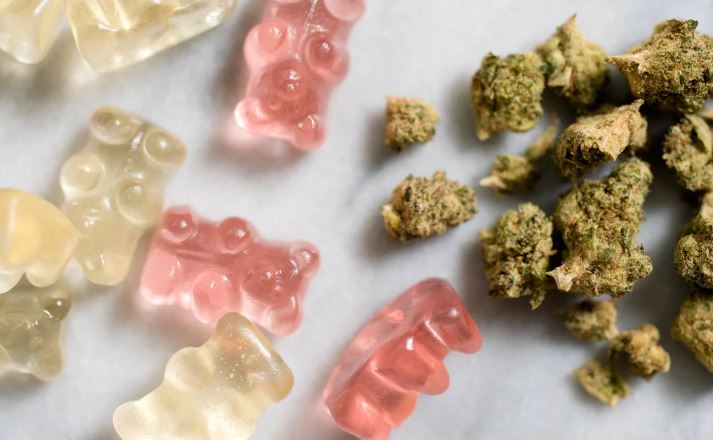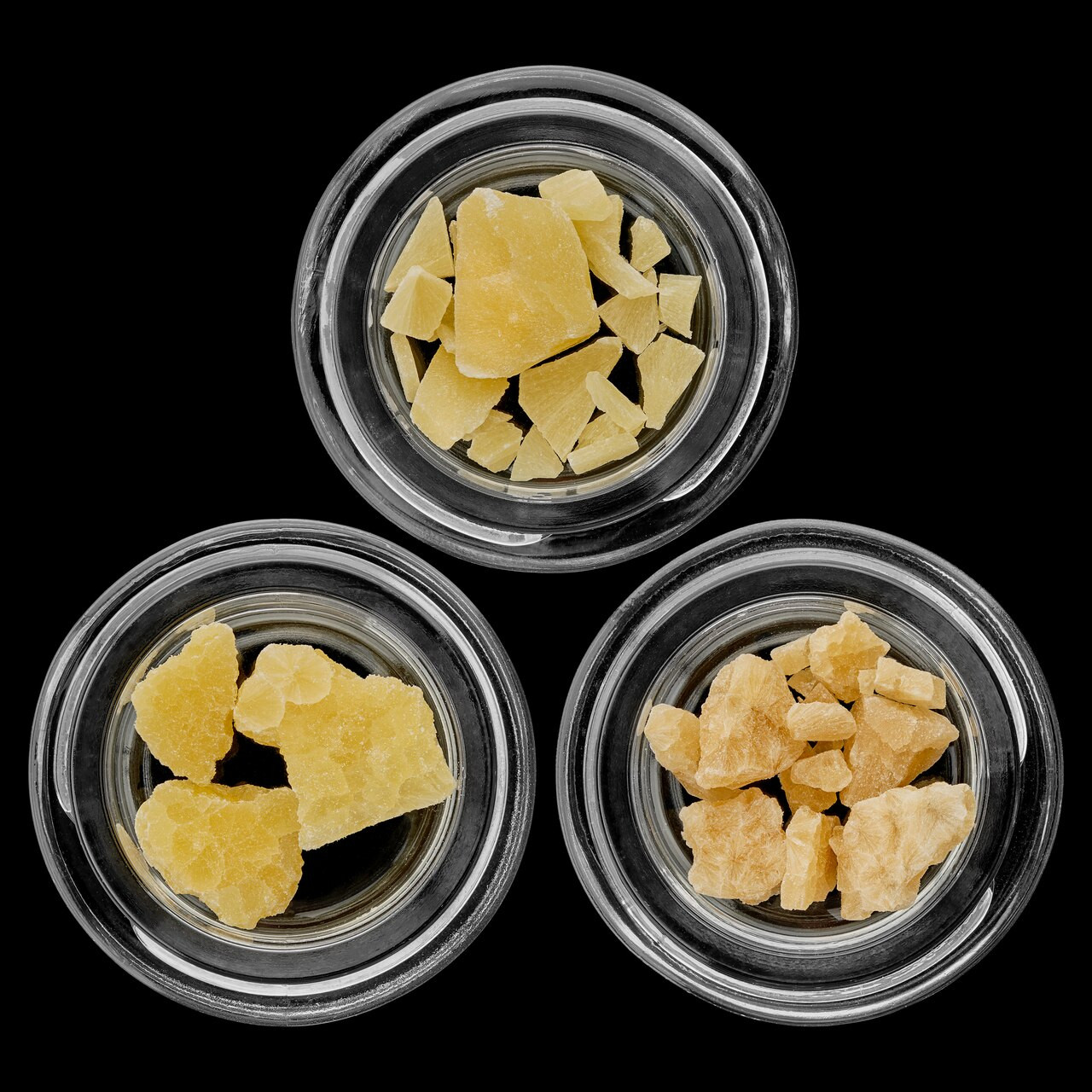THCA Benefits: What Are the Health Benefits of THCA?
Published on August 8, 2024
Last Updated on January 6, 2026
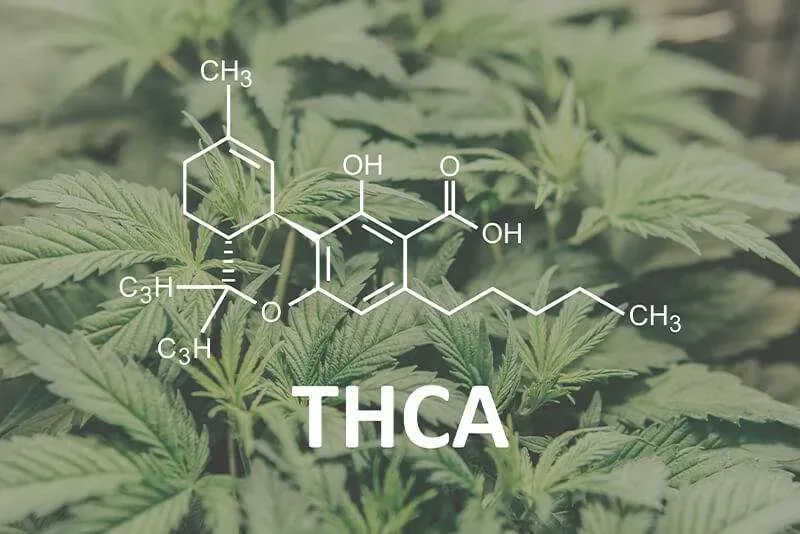
THCA, or tetrahydrocannabinolic acid. Ever heard of it? It’s like the humble cousin in the cannabis family. Always there in the shadows, just waiting for a moment to shine. It exists in raw cannabis, that’s right. Your typical cannabis plant out there in the garden, soaking up the sun. THCA is the precursor — its chemical state before it turns into the THC we often talk about, you know, the one with the psychoactive effect. So, when people talk about the absence of psychoactive effects in THCA, they ain’t joking. Unlike its cousin THC, it won’t give you that “high” sensation. And why’s that you ask? Because THCA is a non-psychoactive cannabinoid. It sits pretty in the flower, waiting to be understood.
THCA vs. THC: Understanding the Difference
Now, this is where things get a bit more science-y — but not too much, don’t worry. THCA has this nifty transformation process called decarboxylation. Bit of a mouthful, right? Basically, when you apply heat, like when you smoke or vape the flower, THCA gets converted into THC. That’s when the psychoactive effects kick in. But cool thing? In its raw state, THCA won’t get you “intoxicated” — no psychoactive bonus features here, folks. Its legal status is clearer too. THCA doesn’t quite stir up the same legal buzz as THC. Different regions have their own rules, but THCA often enjoys a nod of approval, particularly in areas with tight regulations on THC.
Potential Health Benefits of Consuming THCA
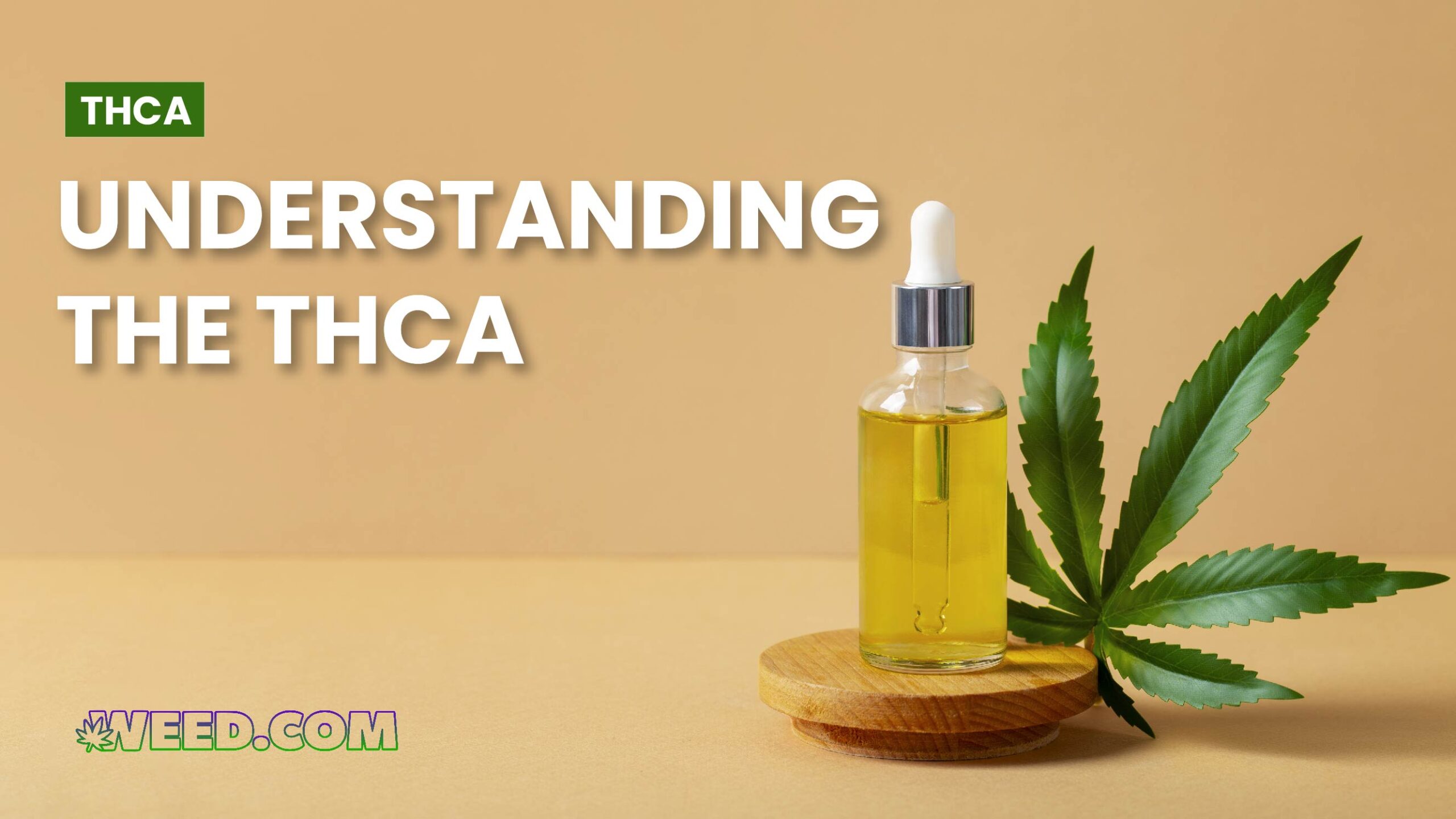
THCA benefits, oh boy, there’s quite the list here. So, picture this: you deal with inflammation pains, right? Struggling with chronic pain? THCA might be your new best friend. Known for its anti-inflammatory properties, it could be a game-changer for health benefits like soothing inflammation. Now swing over to neuroprotective effects. Ever heard of neurodegenerative diseases? Stuff like Alzheimer’s. Consuming THCA might help protect those nerve cells. There’s chatter about its potential role in mental health too. Even addiction treatment gets a glance. Now, let’s talk chronic pain relief. Experts reckon there’s quite the arsenal of therapeutic benefits waiting inside THCA’s chemical structure.
Therapeutic Uses and Potential Medical Applications
Immerse in the world of medical cannabis, and THCA is gradually claiming a seat at the table. But here’s the thing, right? We’re still learning. Every day seems to bring a new nugget of info. There are researchers out there, digging deep into how THCA products help with specific medical conditions. Anecdotal evidence? Plenty of that circling too. The stories spill from people like us, and they hint at something special about these non-psychoactive compounds. Ever check out THCA oil? That’s one way folks are digging into the therapeutic potential on offer.
Forms and Consumption of THCA Products

There’s a smorgasbord of ways you can consume THCA. Get this: you can munch on some raw cannabis leaves. Crazy, huh? There’s THCA flower too, just waiting to be explored. And oils, don’t forget oils! Even capsules are a thing. It’s all about personal preferences, really. Some folks think of it as like a salad, just without the dressing. You get the potential benefits minus the intoxicating effect — nice and chill with no psychoactive THC surprise.
Potential Risks and Considerations in Using THCA
But hold your horses — nothing is ever perfect, right? There are potential health risks. So what’s it all mean? With consuming THCA, it’s wise to have your thinking cap on. Consult with health professionals, yeah? They might share about recommended dosages, maybe offer guidance. Good to be in the know, right? And no worries about an intoxicating effect because it’s a non-psychoactive compound, remember? It’s like drinking decaf coffee when you know you need sleep at night.
Legal Status and Industry Trends
Boy, the legal status of THCA is something to think about, isn’t it? The landscape keeps changing, shifting sands all over the international markets. Will THCA make big waves in the broader cannabis market? Who knows? But there’s an inkling that it finds itself slowly fitting into medical use and cannabis consumption. Like a puzzle piece that clicks just right. Changes, emerging trends — keeps consumer interests sparking, especially when talk of THCA-rich cannabis products comes up.
Conclusion and Future Research Directions
Research, research, research. The science folks reckon there’s still a long road ahead. With the effects of THCA and potential health benefits awaiting discovery, there’s a whole bunch left to explore. Clinical studies and trials? Just beginning to scratch the surface. And the importance? I mean, understanding THCA’s therapeutic effect in modern medicine could redefine what we think about non-psychoactive cannabinoids, their benefit to us, and how we handle both the potential risks and medical use of cannabis products.
What a world, right? THCA isn’t just an afterthought. It’s like a secret waiting to unfold, and understanding THCA may just wind up changing the game for cannabis use, one THCA synthase molecule at a time.
